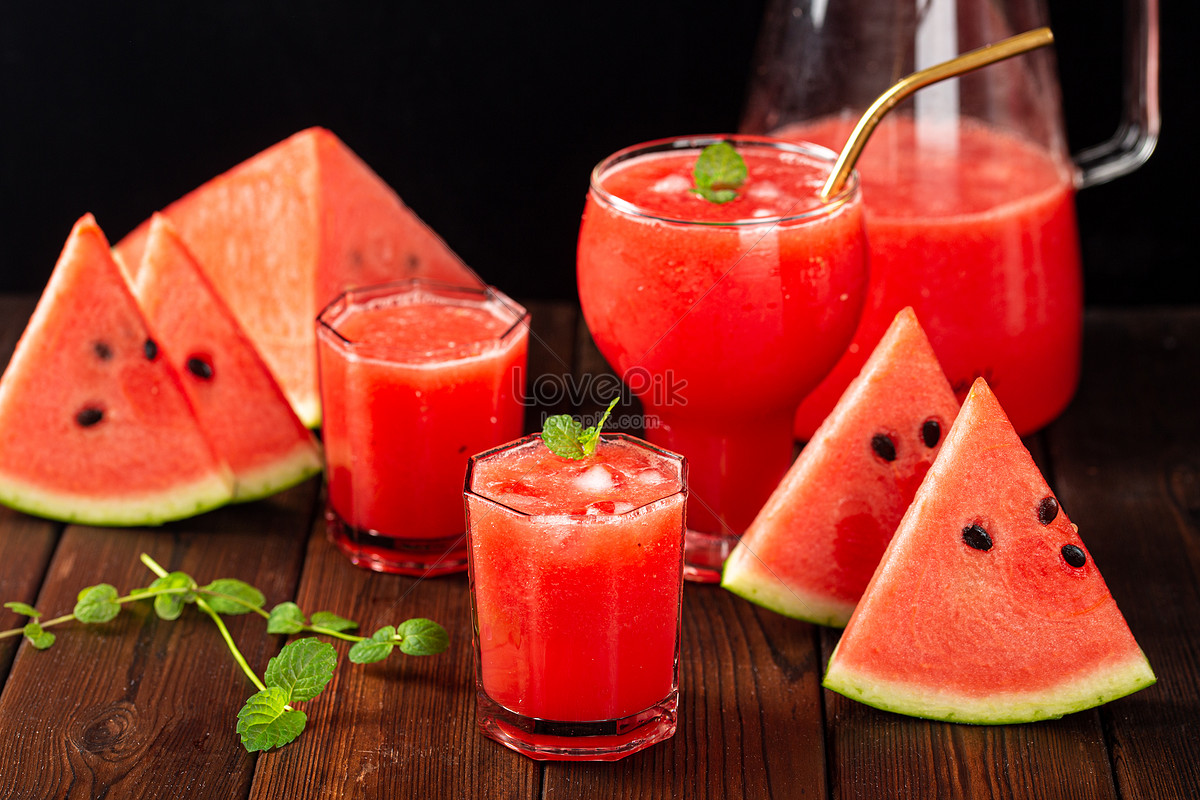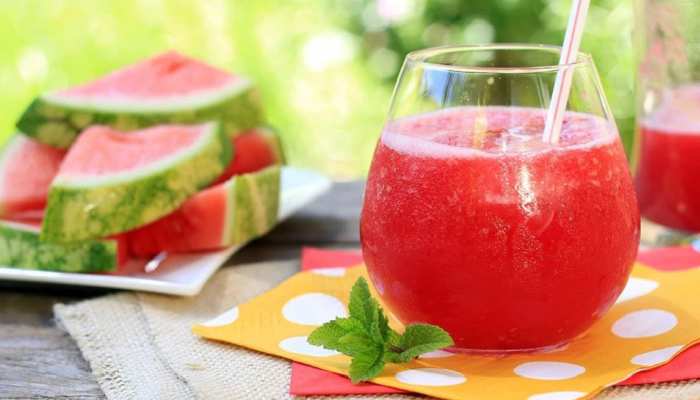Introduction to Watermelon juice
The Origins of Watermelon
Watermelon is thought to have been cultivated in ancient Egypt, where it served as a source of hydration in the arid desert climate. Eventually, this delicious fruit spread to other parts of the world through trade and exploration.
Nutritional Value of Watermelon Juice
Watermelon juice is not just a tasty treat; it's also incredibly nutritious.
Hydration: Watermelon consists of over 90% water, making it a fantastic natural hydrator. During hot summer days, sipping on watermelon juice can help combat dehydration.
Vitamins and Minerals: Watermelon is a rich source of essential vitamins and minerals. It contains vitamin C, vitamin A, vitamin B6, potassium, and lycopene, a powerful antioxidant. These nutrients contribute to overall health and well-being.
Low in Calories: Watermelon juice is relatively low in calories, making it a guilt-free option for those watching their weight. A one-cup serving of watermelon juice contains about 71 calories.
Antioxidants: Lycopene, found in abundance in watermelon, is an antioxidant known to protect cells from damage, reduce the risk of chronic diseases, and contribute to skin health.
Amino Acids: Watermelon is a good source of the amino acid citrulline, which may have various health benefits, including improved blood flow and reduced muscle soreness.
Preparation of Watermelon Juice
Making watermelon juice is a straightforward process. Watermelon Juice A Refreshing and Nutrient-Packed Summer Quencher. Here's a step-by-step guide:
Ingredients:
Fresh watermelon
A blender or juicer
A knife
A strainer (optional)
Ice cubes (optional)
Instructions:
Prepare the Watermelon: Cut the watermelon into smaller, manageable pieces. Remove the seeds if necessary. It's important to use ripe, sweet watermelon for the best flavor.
Blend the Watermelon: Place the watermelon pieces in a blender or juicer. You can add a handful of ice cubes for an extra refreshing touch.
Strain (Optional): If you prefer a smoother juice, strain the blended mixture through a fine mesh strainer to remove any pulp or seeds.
Serve and Enjoy: Pour the watermelon juice into glasses and garnish with a slice of fresh watermelon or a sprig of mint for a touch of elegance. You can also add a squeeze of lime for a tangy twist.
Health Benefits of Watermelon Juice
Hydration: With its high water content, watermelon juice is an excellent choice for staying hydrated, especially during hot weather.
Skin Health: The vitamins and antioxidants in watermelon can help improve the health and appearance of your skin.
Cardiovascular Health: Lycopene, potassium, and citrulline in watermelon juice are associated with improved heart health. They can help regulate blood pressure, reduce cholesterol levels, and improve overall cardiovascular function.
Muscle Recovery: The amino acid citrulline in watermelon juice may aid in reducing muscle soreness and enhancing exercise recovery.
Weight Management: Watermelon juice is a low-calorie beverage that can help control hunger and assist in weight management when included as part of a balanced diet.


Comments